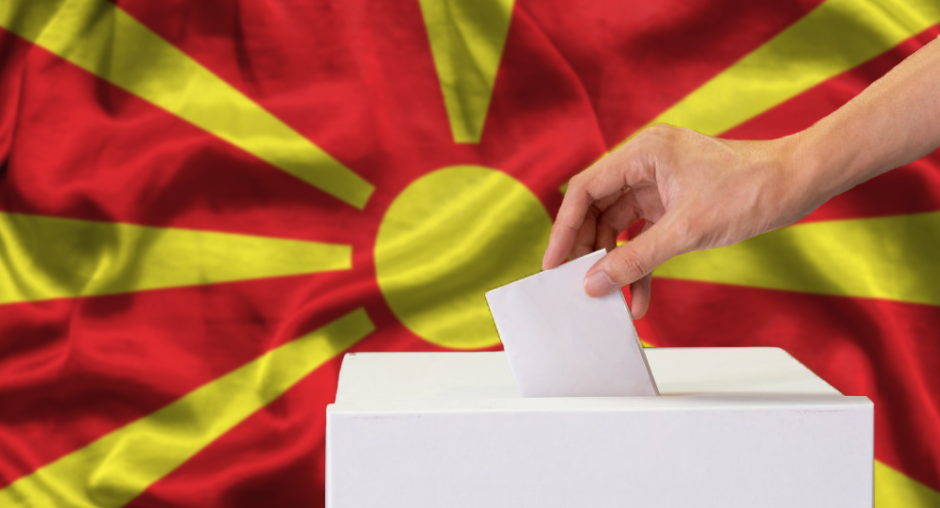

The political pendulum in North Macedonia keeps swinging, and this time it was left to right. If the previous local elections in 2017 displayed a complete change on the political scene in favor of the social democrats, in 2021 it was the other way around. The conservative VMRO-DPMNE achieved a resounding victory in the October 2021 local elections, by winning almost every major city in the country, as well as the electoral “crown jewel” – the city of Skopje.
The significance behind the political battle over Skopje is almost ominous for the losers – a change in the capital has always initiated a change of the central government. If one adds the difference in votes compared to the first round of the elections for municipal councils, of over 50,000, taken as a measure of political strength, it is clear that something went wrong for the ruling SDSM and its leader, Zoran Zaev. Just last year, SDSM and its coalition partners won the July snap election by a tight margin, hoping to have a clean four-year mandate to achieve the overarching goal – opening the accession negotiations with the European Union.
Although the accession negotiations with the EU and local topics do not have much in common, it is naïve to believe that local elections are merely a reflection of local challenges and the citizens' (dis)satisfaction with the achievements of the municipal councils and mayors. After the name change and the Prespa Agreement between Greece and North Macedonia, Macedonian citizens expected the long-awaited start of the accession negotiations. However, this never occurred due to the Bulgarian veto based on objections pertaining to national identity that the rest of the EU member states have trouble comprehending. Nevertheless, the ruling party's inability to deliver on its major promise damaged the remains of the credibility of EU conditionality in North Macedonia, depleting the major discourse upon which the social democrats and their Albanian allies – DUI, to some extent – had built their political narrative in the past several years.
This is far from an alibi for the failure of many of the local self-governments controlled by the social democrats in the past four years to deliver visible results, but it does not fully explain why Zoran Zaev's party lost even the local communities where it had solid results in the previous period. The 42 municipalities plus the city of Skopje won by VMRO-DPMNE candidates or candidates supported by this party, compared to only 16 won by SDSM, clearly indicate that there were additional contributing factors present. The highest Covid-19 mortality rate in Europe in certain periods, corruption scandals involving high-ranking government officials, the fire in the modular Covid hospital in Tetovo in September 2021 (16 victims) and the consequent refusal by PM Zoran Zaev to accept the resignation of the Minister of Health, Venko Filipče, make the top of the list of such factors that created a cumulative effect that came to its downpour in the form of the dramatically decreased support for SDSM in the local elections.
The direct consequence of the result of the local elections was an occurrence that is unpreceded in the history of politics in North Macedonia – resignation of Prime Minister Zoran Zaev. Having made a promise after the first round of local elections, that in the case of losing the city of Skopje to the opposition he would unconditionally resign, it was still shocking when this actually took place, twofold even – both from the position of Prime Minister as well as in his capacity as leader of the ruling SDSM. This marked the beginning of a new political crisis in North Macedonia, with multiple open-ended scenarios. Opting to take the blame personally, with a hope of avoiding a deep government reshuffle, this was a maneuver that needs to be followed by the most logical outcome – new snap elections. Not excluding the motivation from statements given by high ranking EU officials, however, the only question is not whether pre-term elections will occur, but rather – when. The most probable time is Spring 2022, although Zoran Zaev reminded the public that the social democrats have two and a half years left of their mandate which they won last year. In the meantime, the focus will be on Zaev's possible successor as the head of the party and the Government, with many names immediately out of the game, because of their very role in the local elections which the SDSM lost so convincingly.